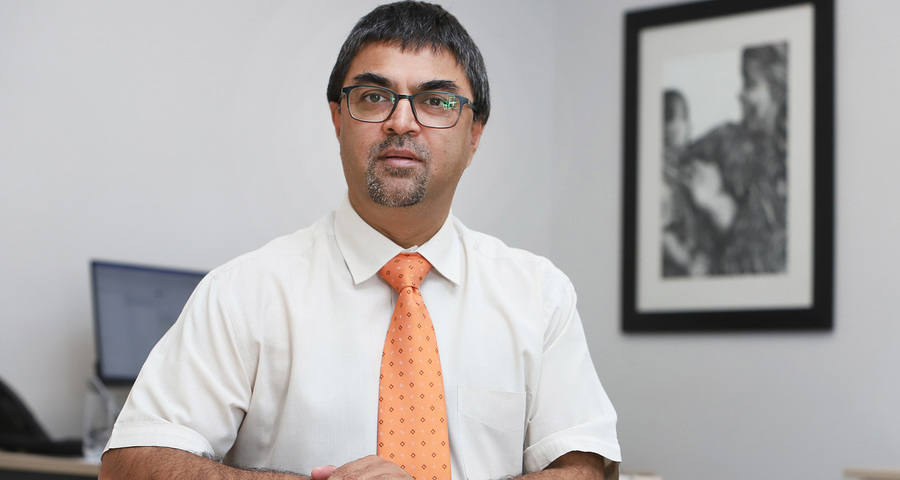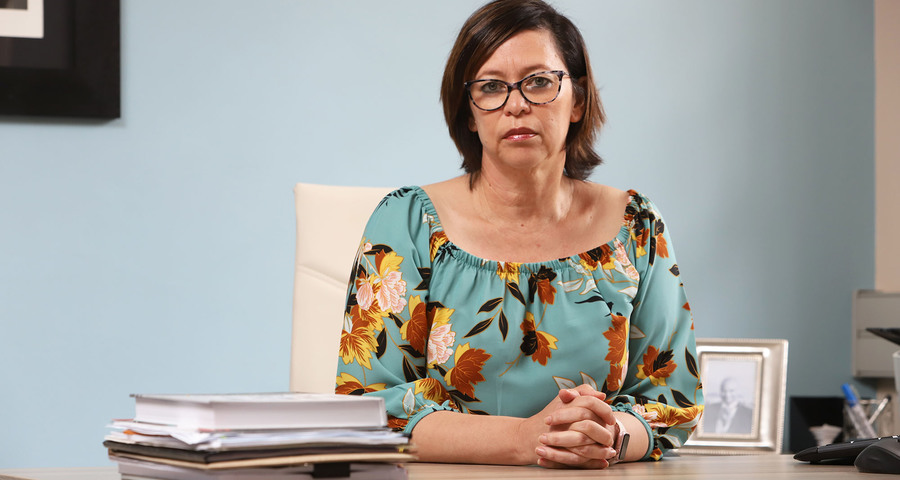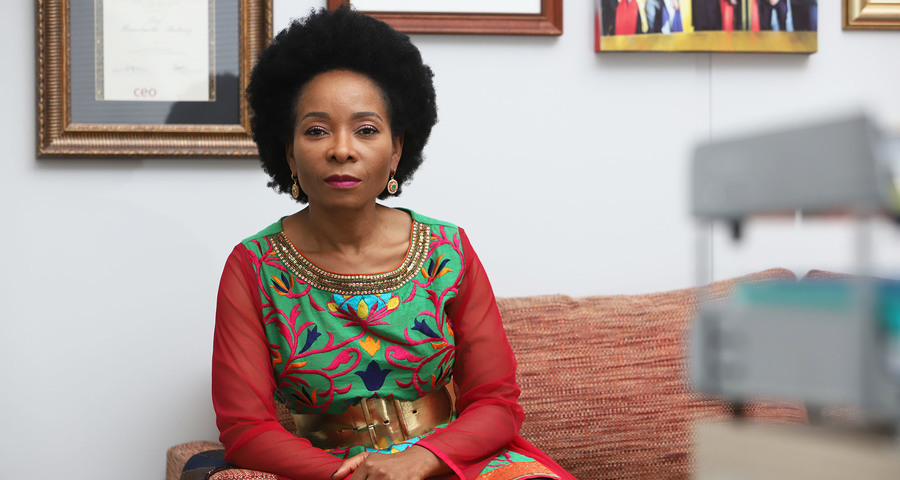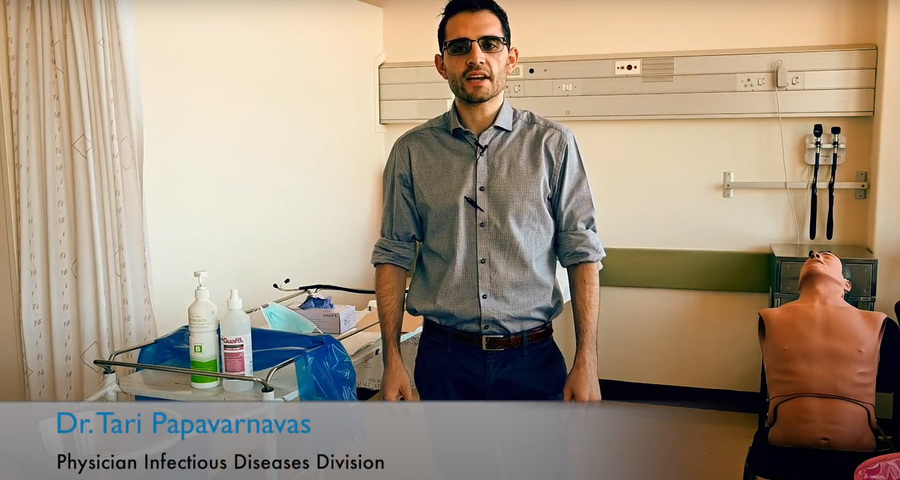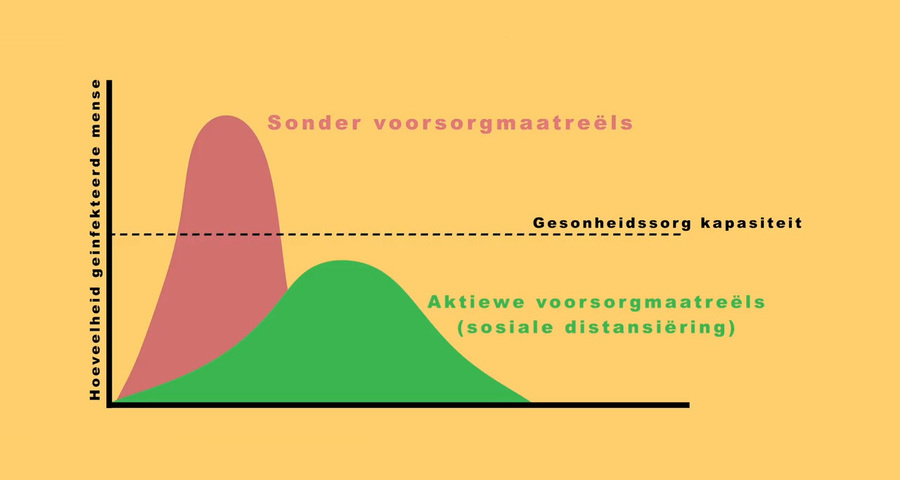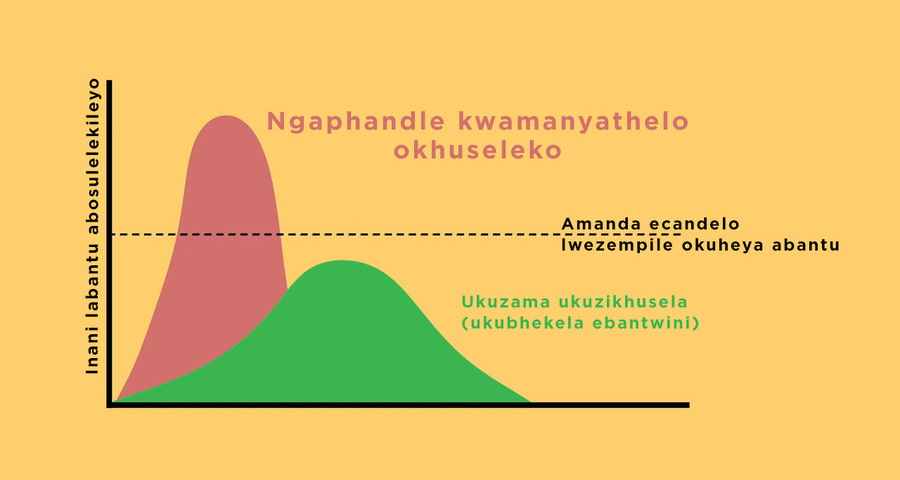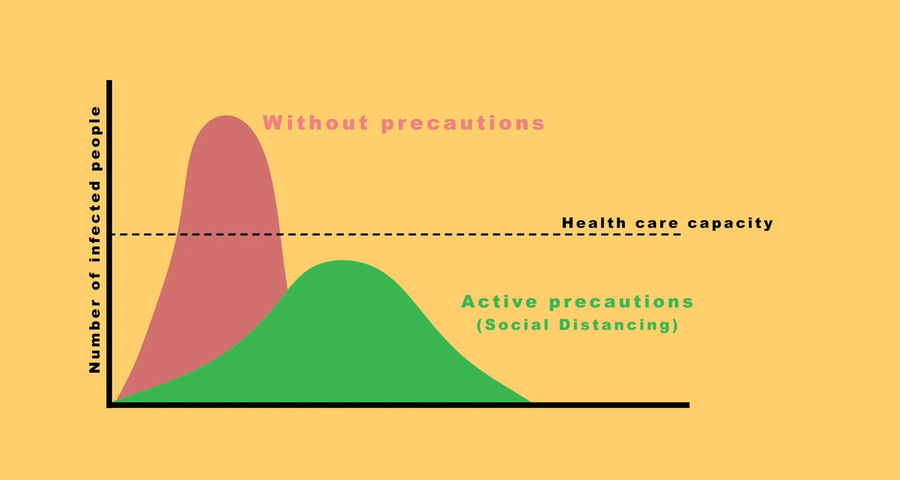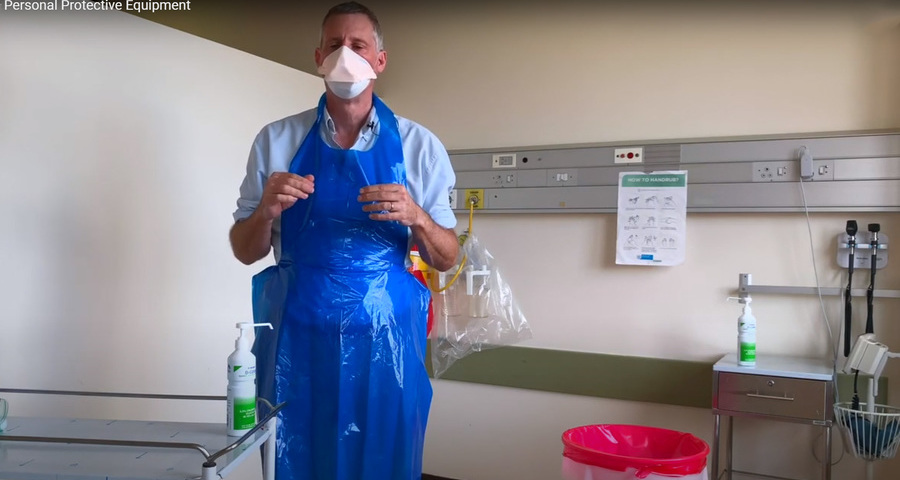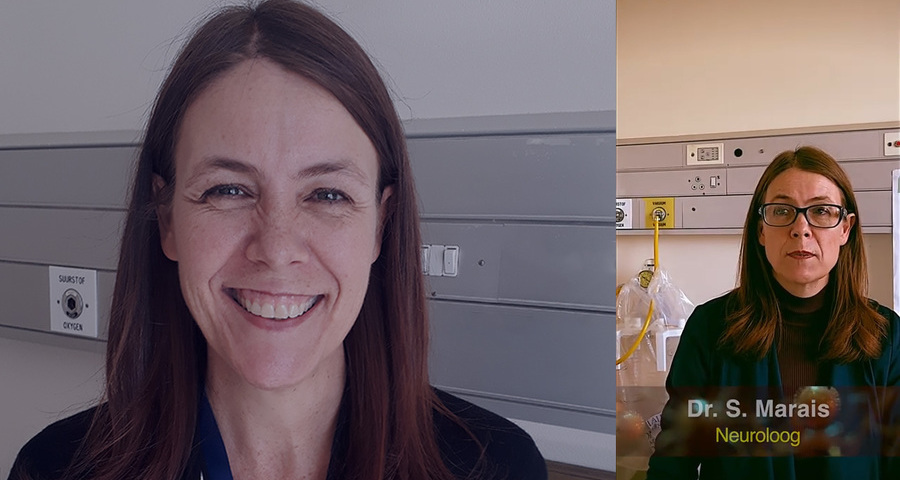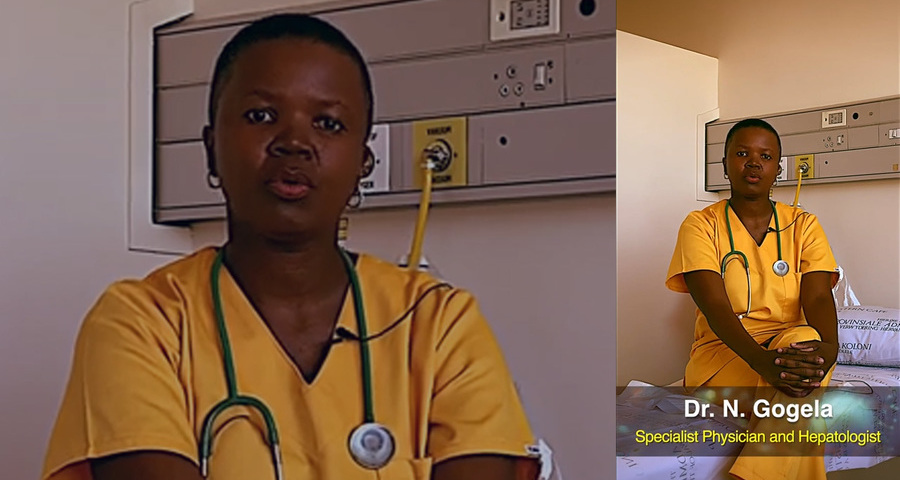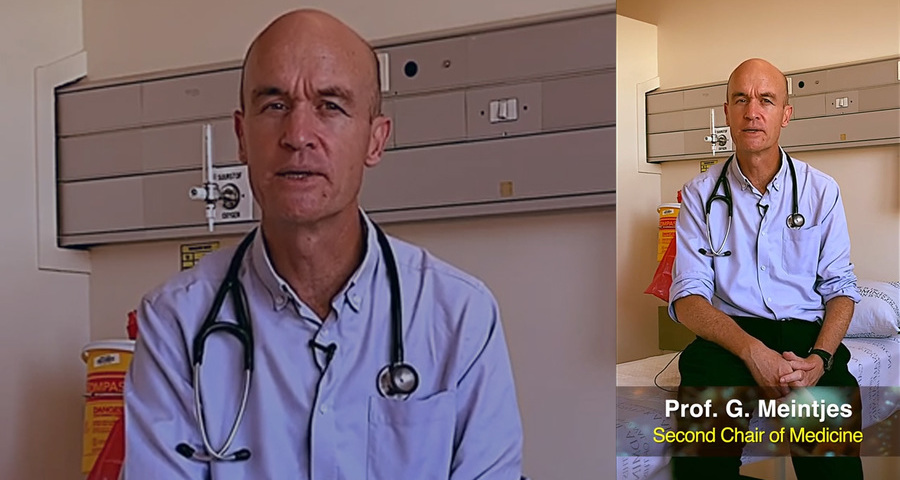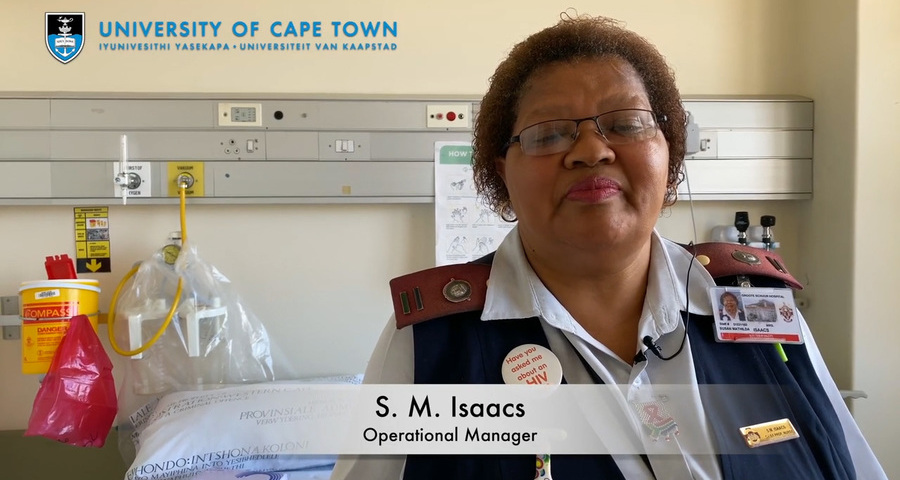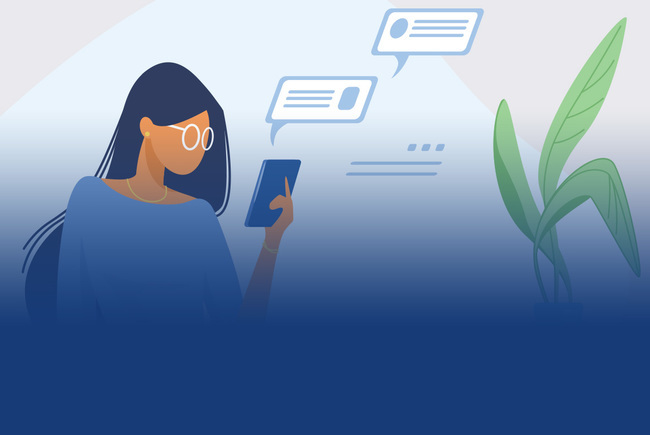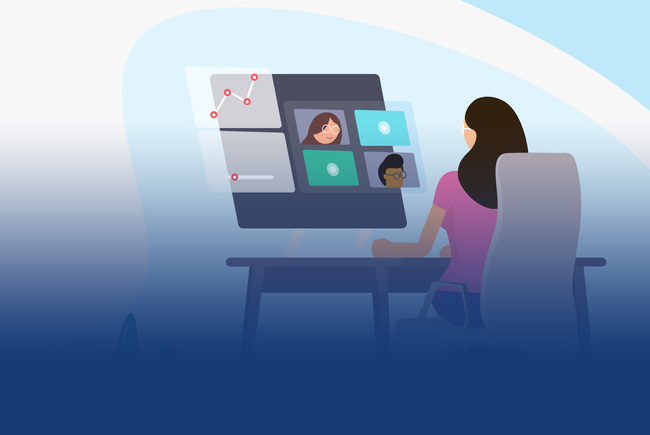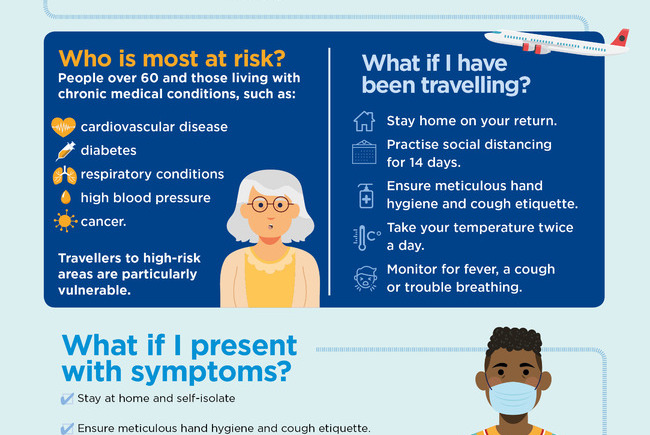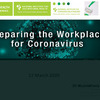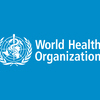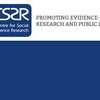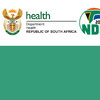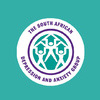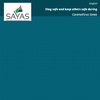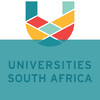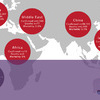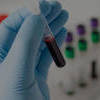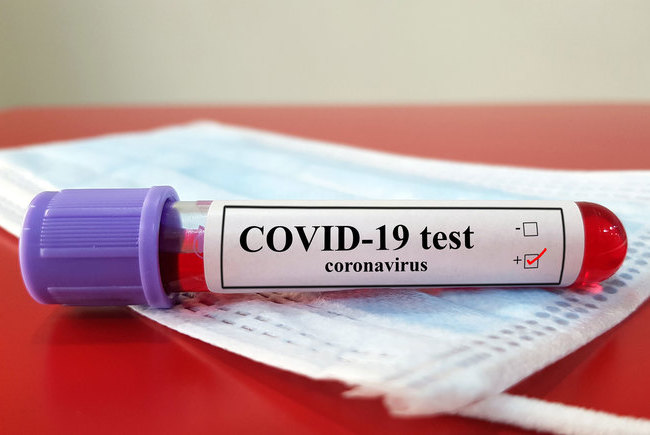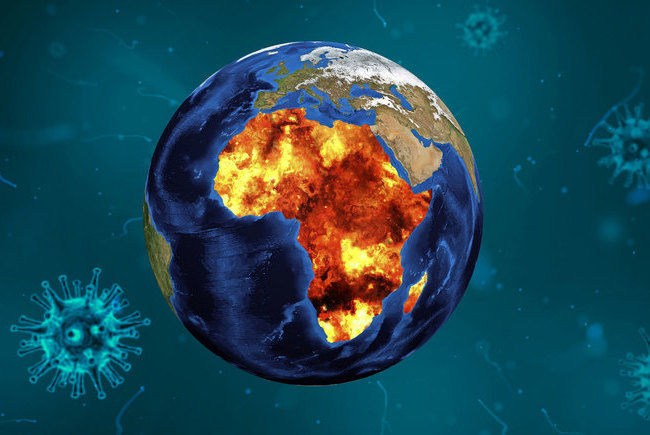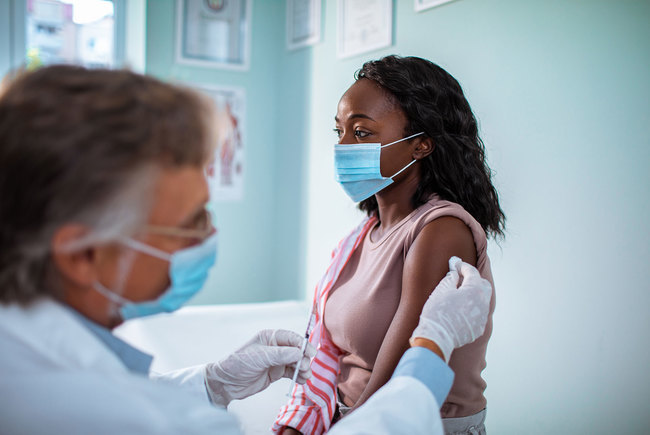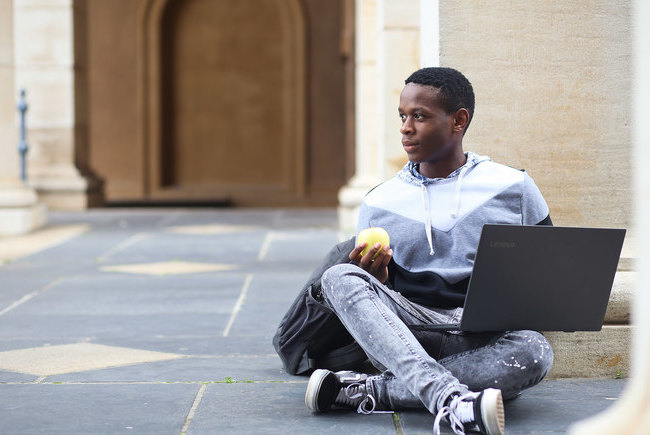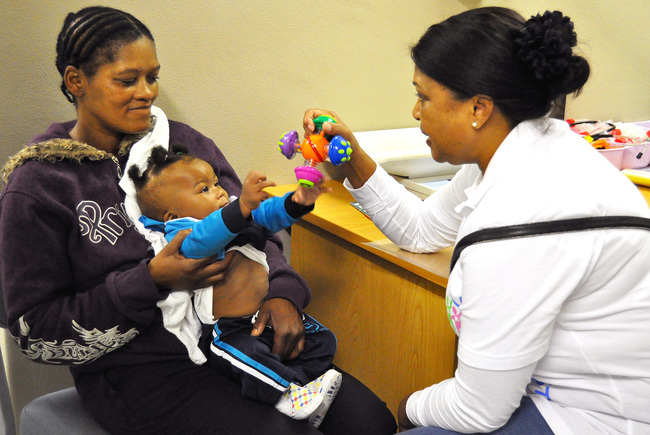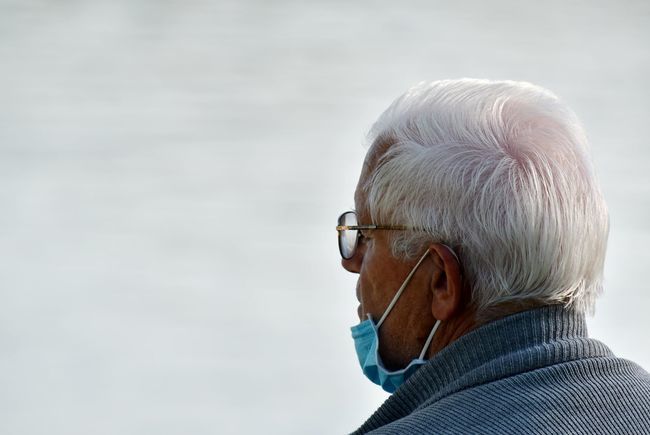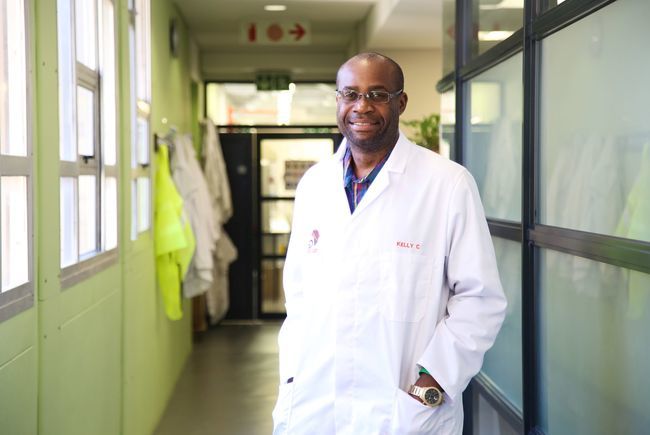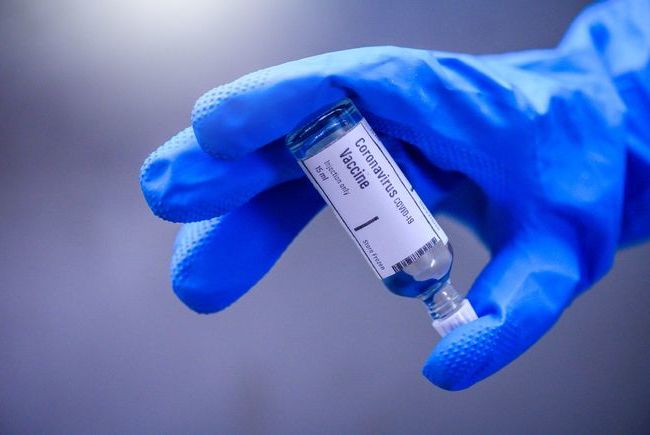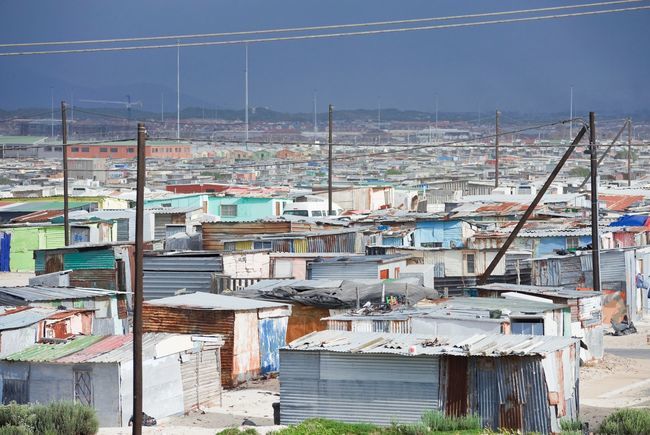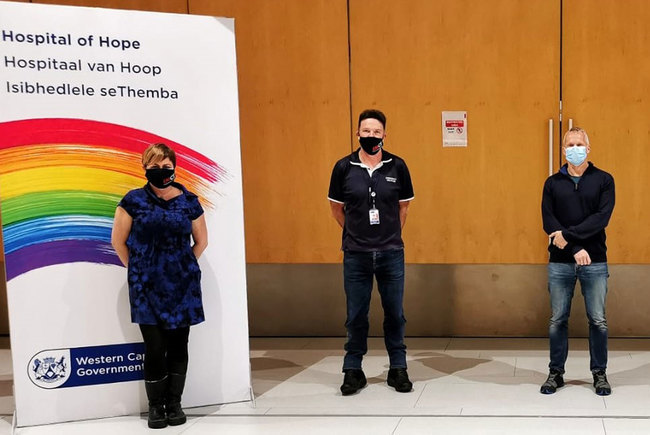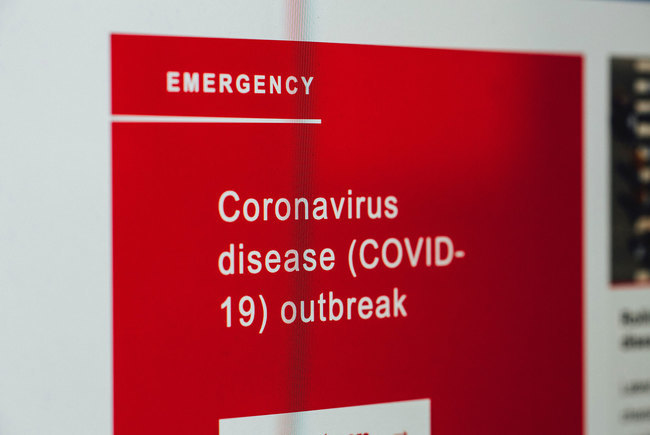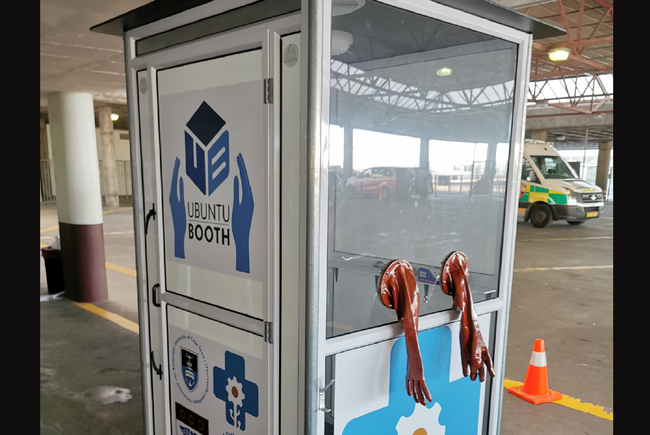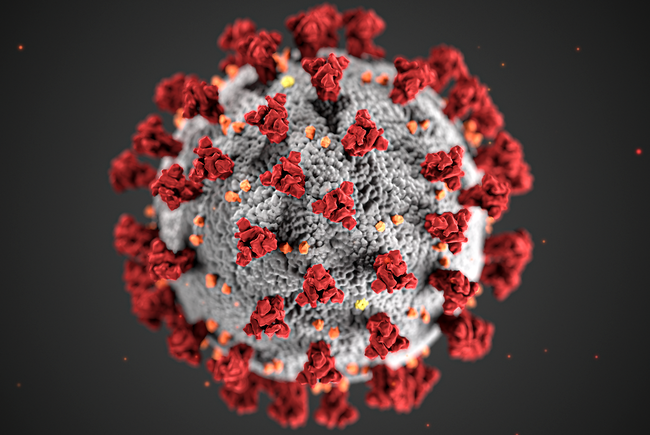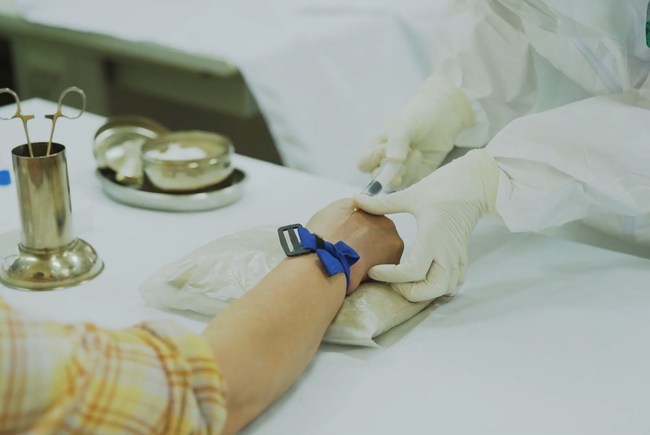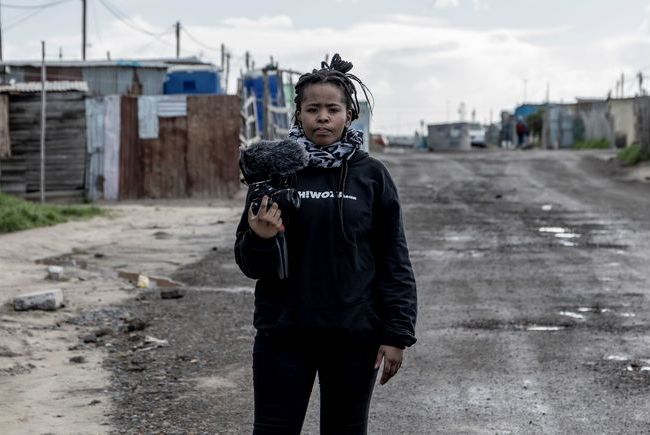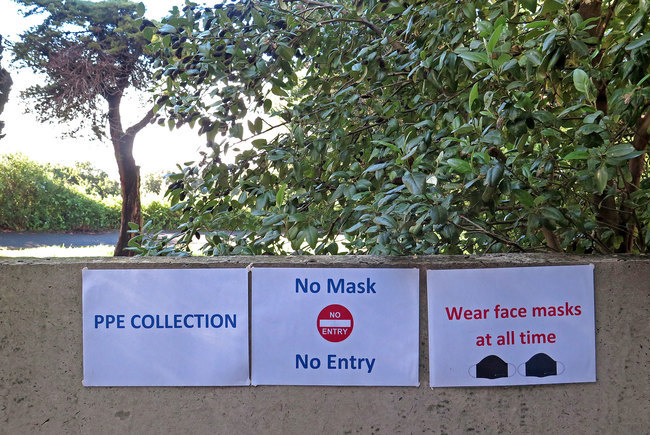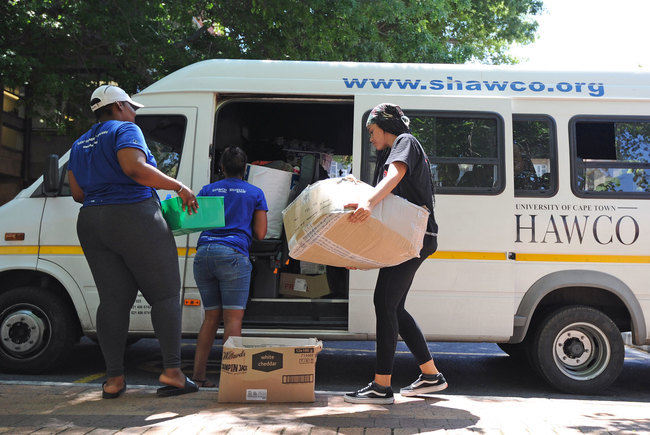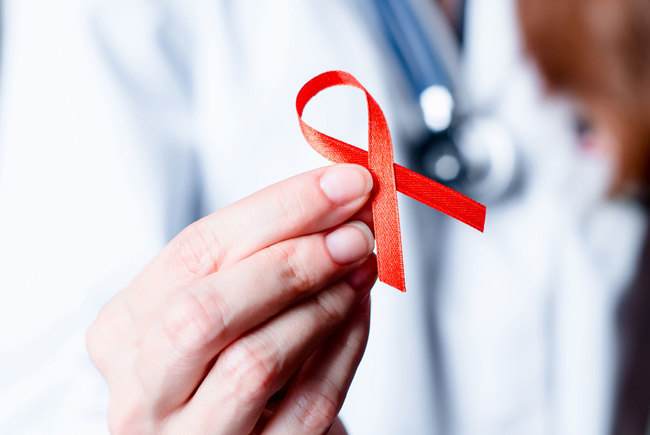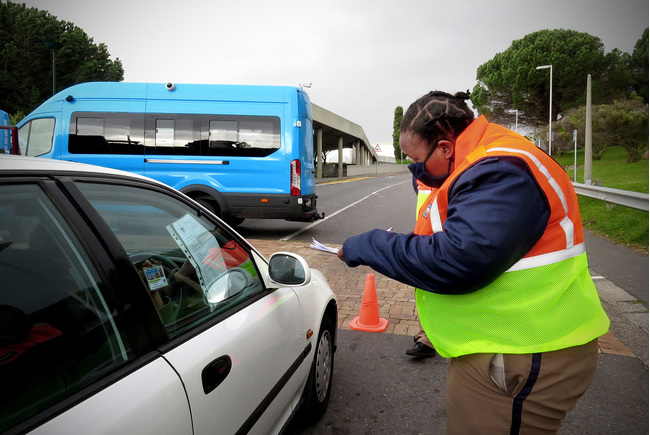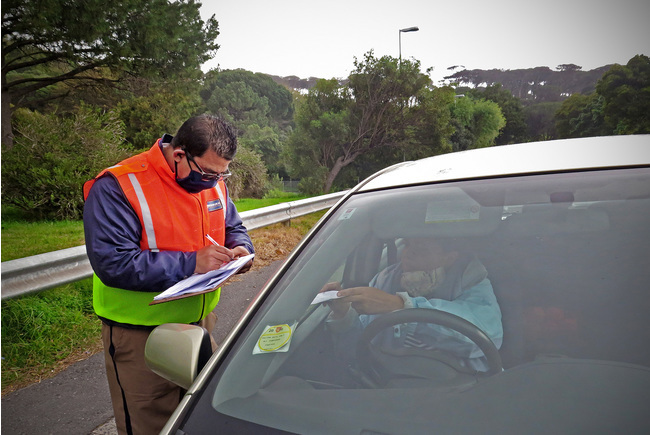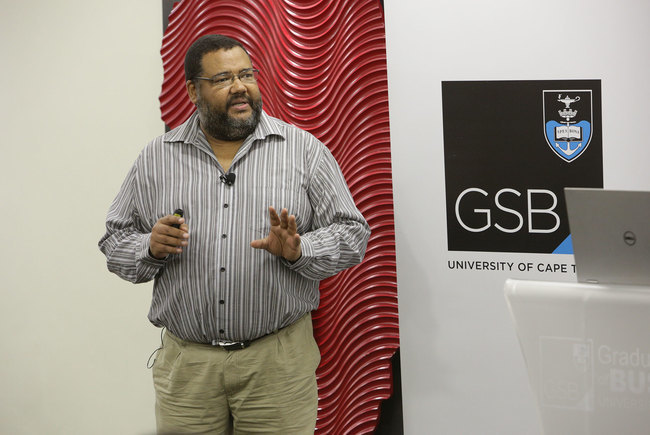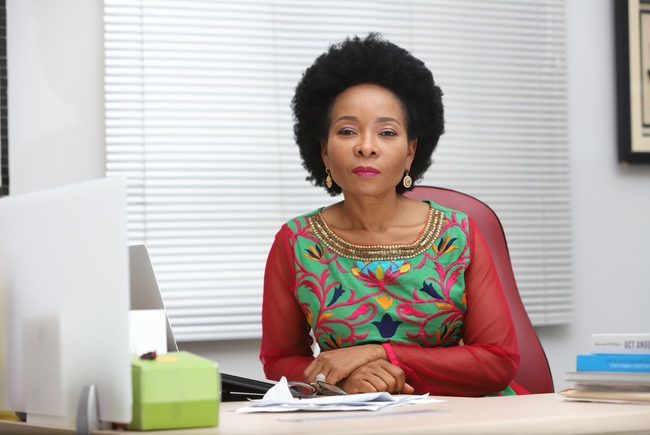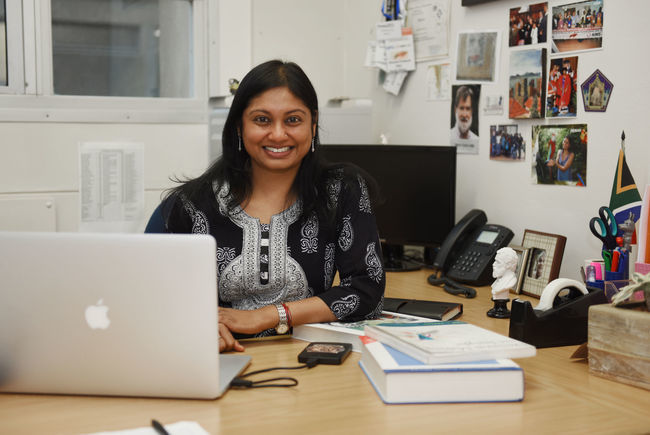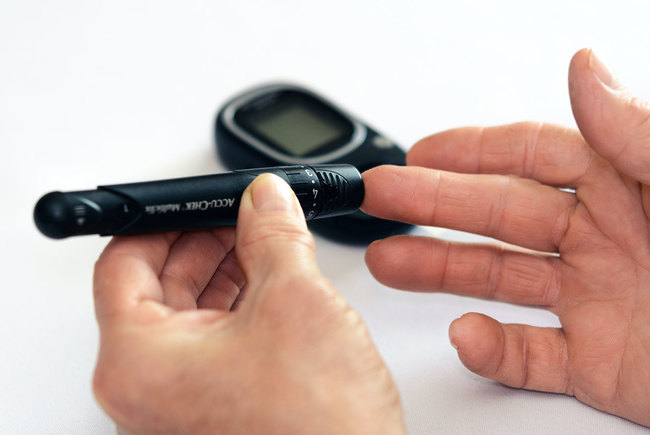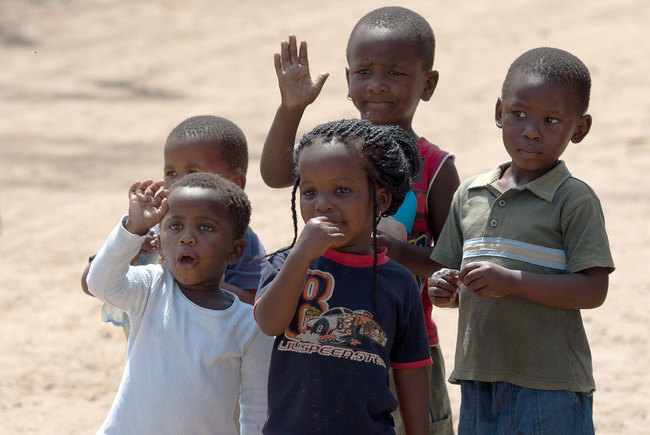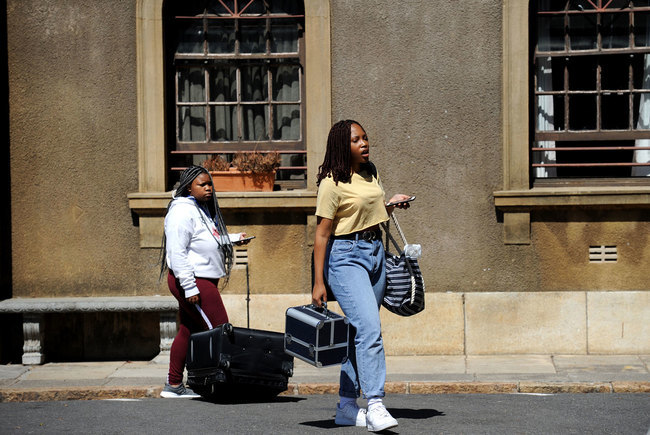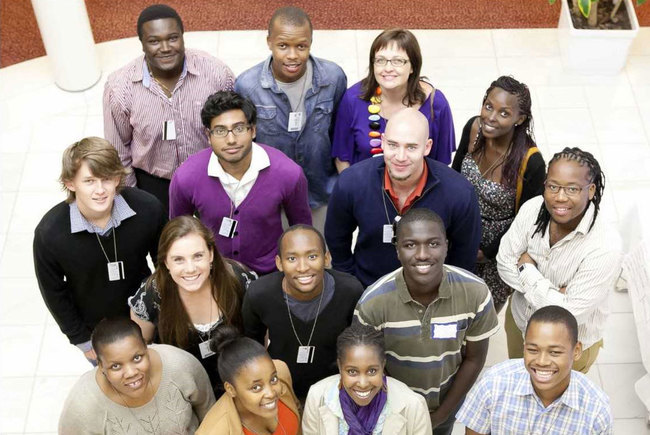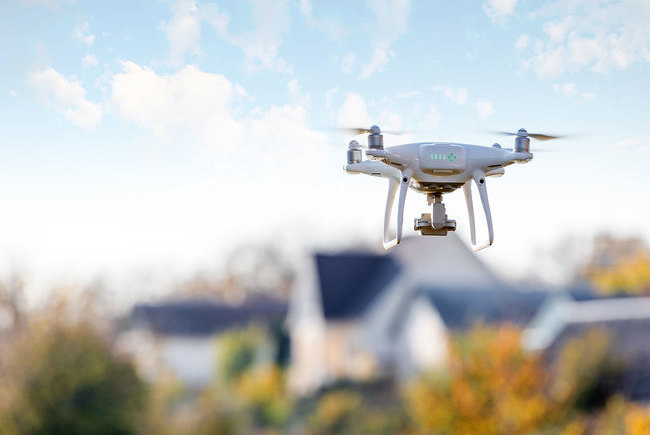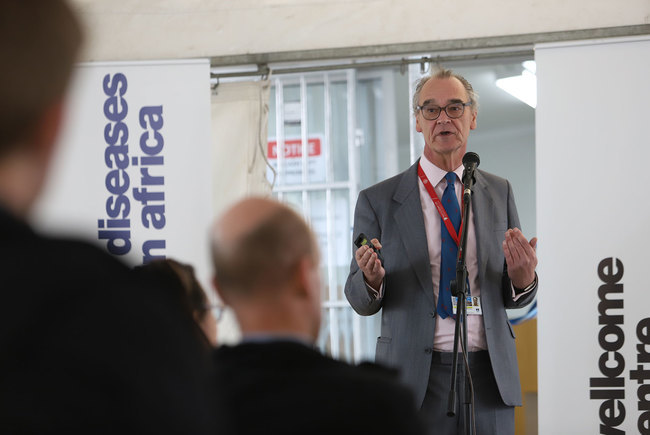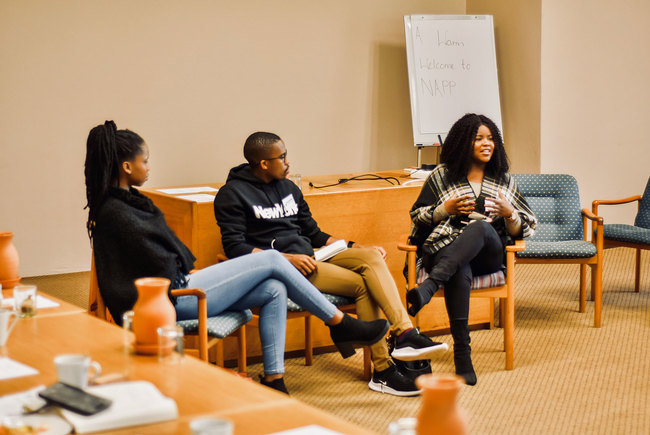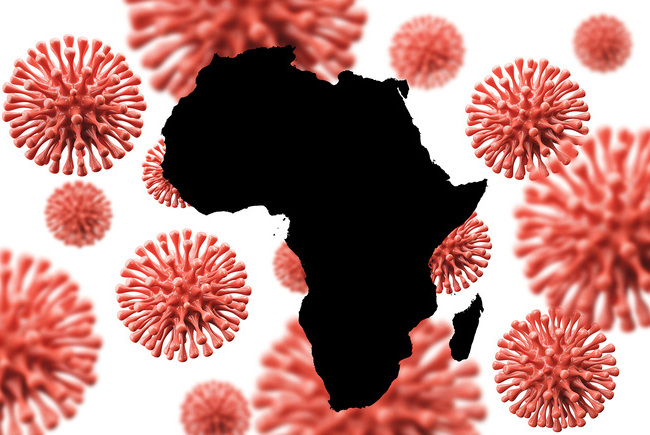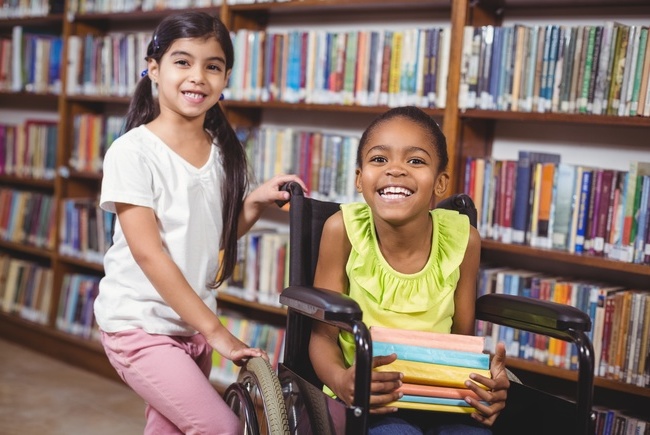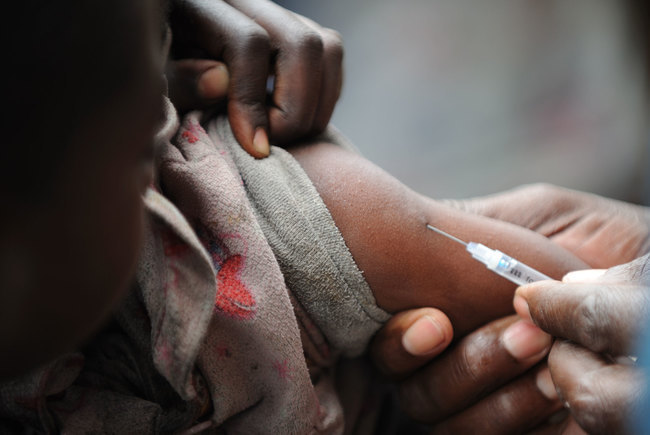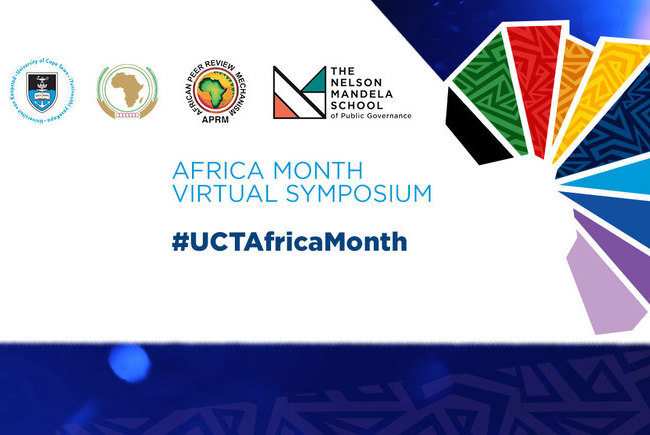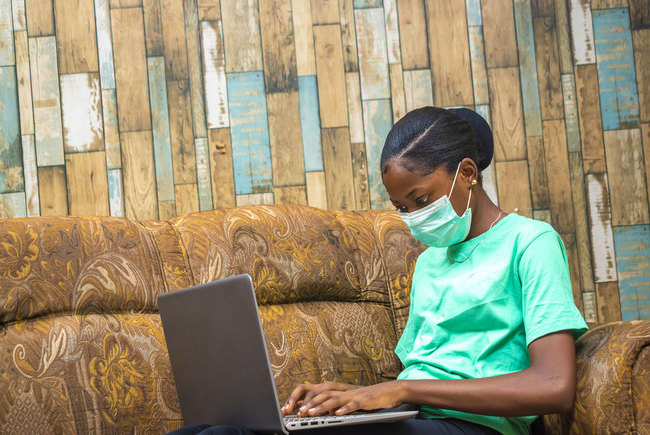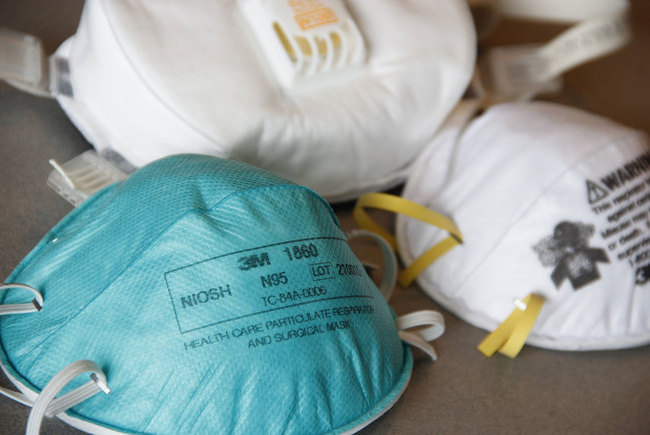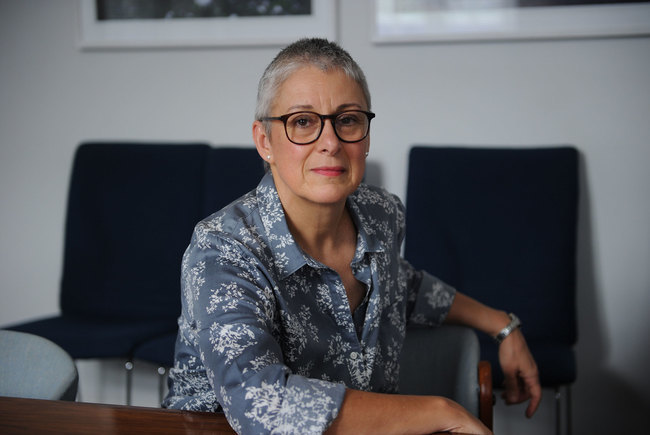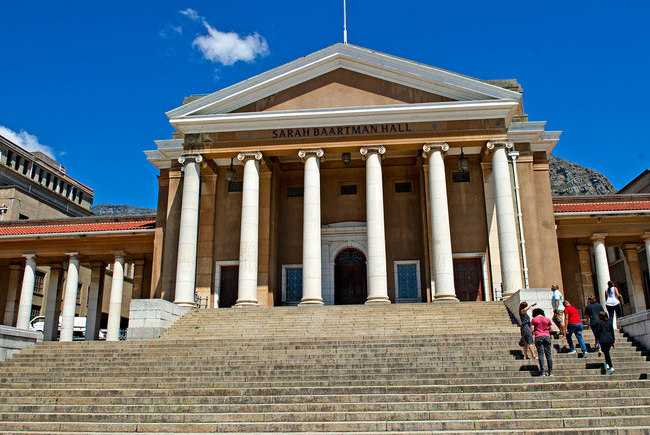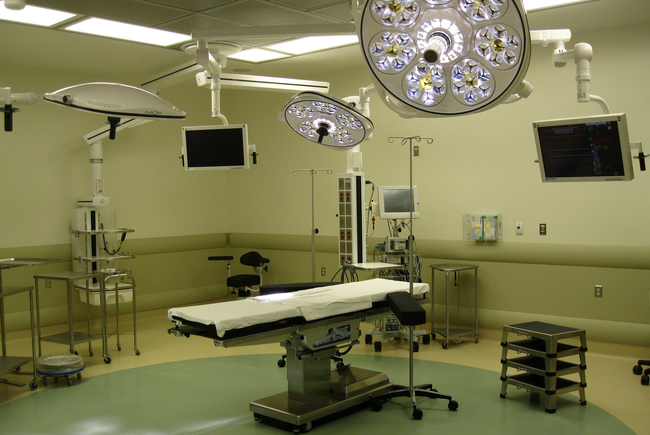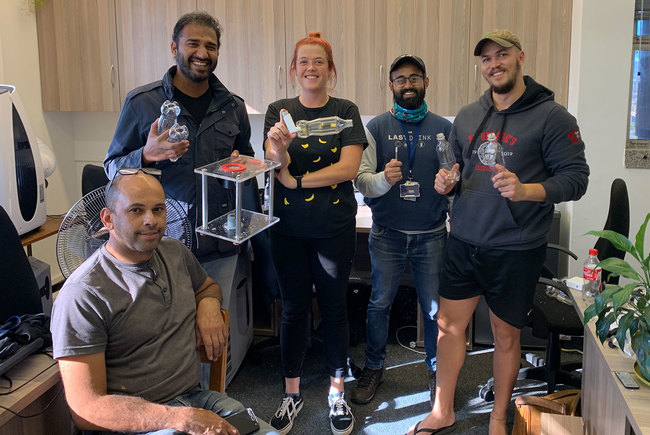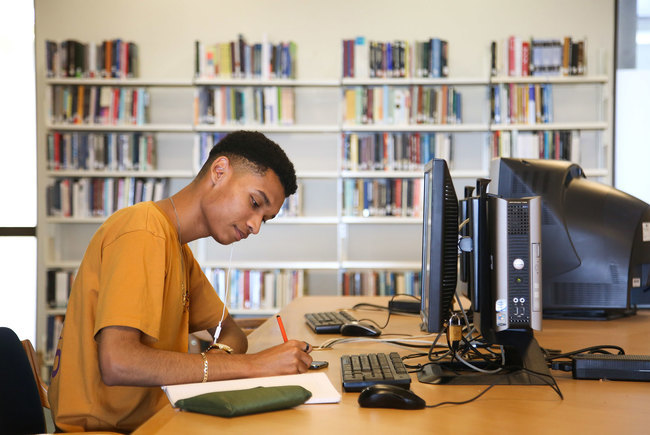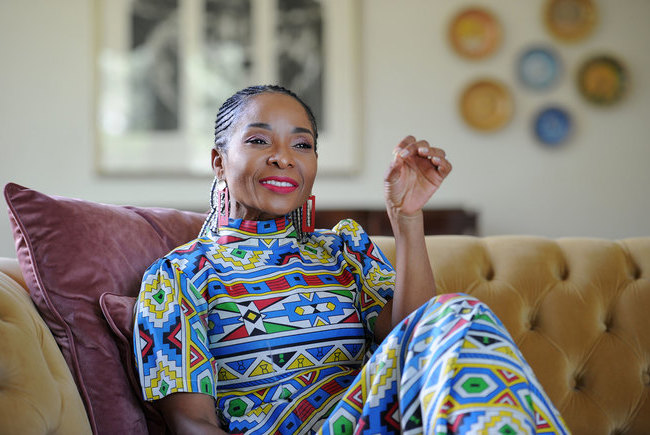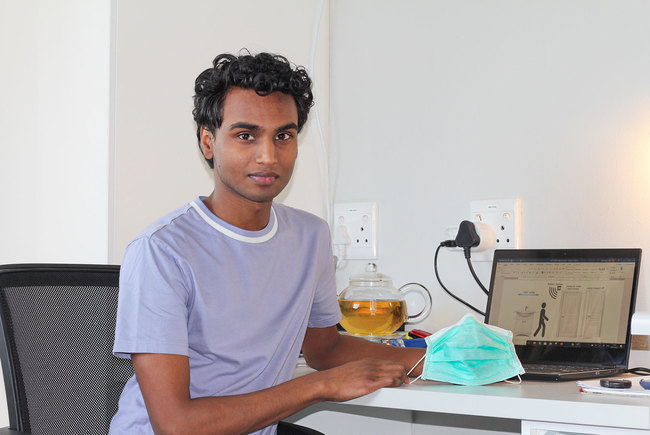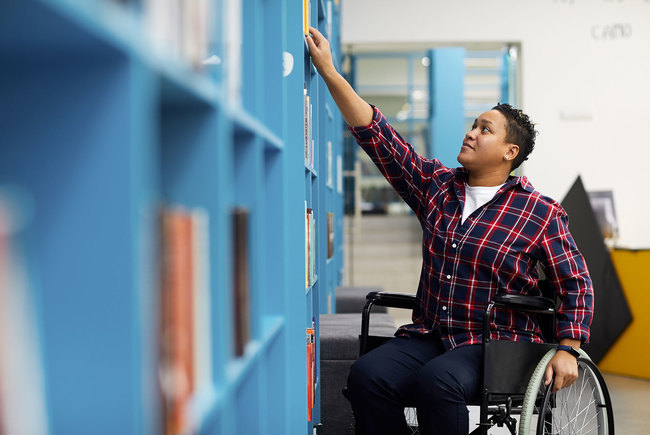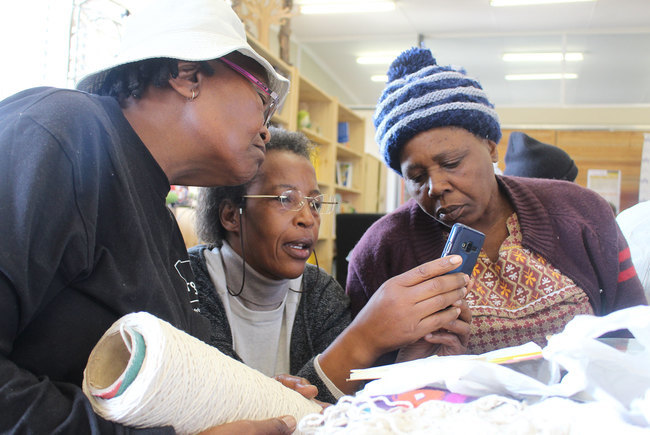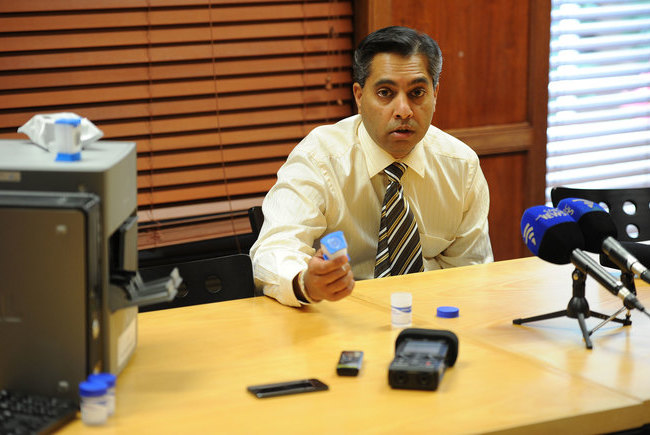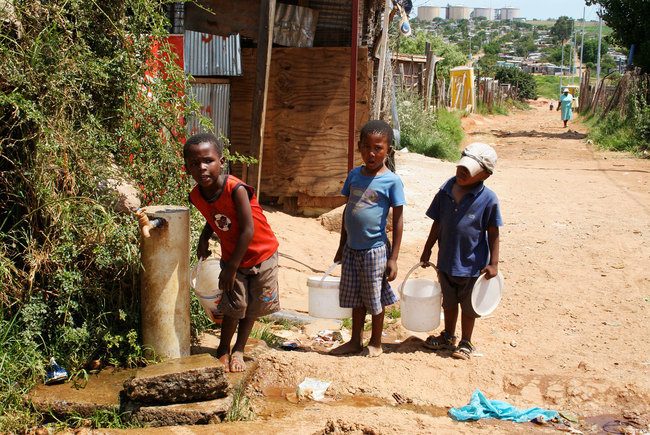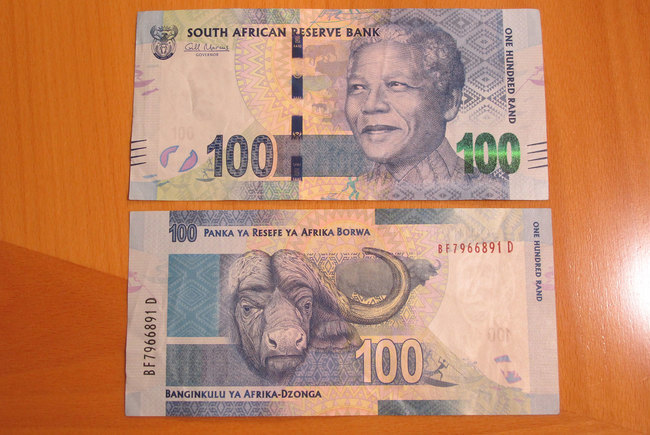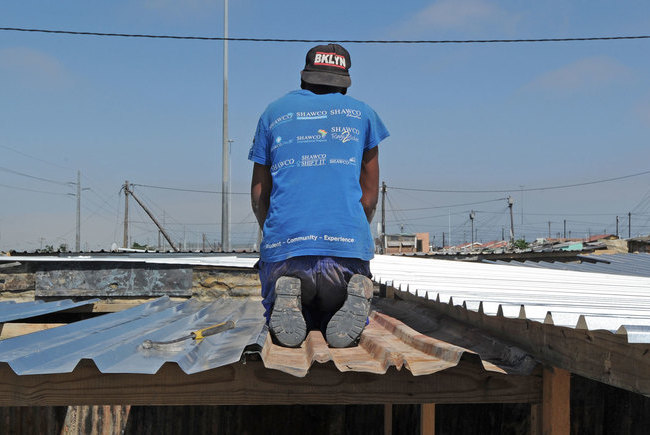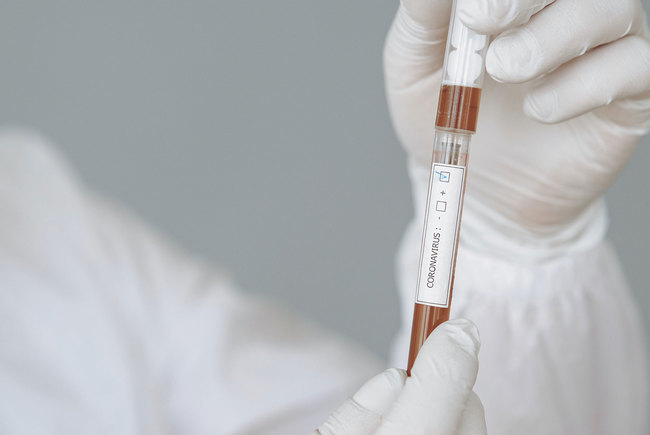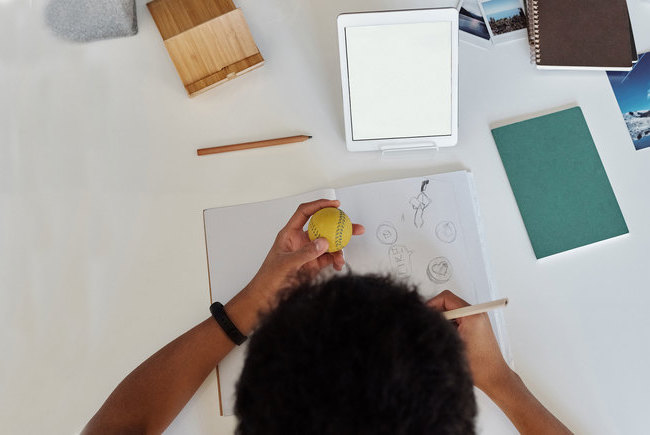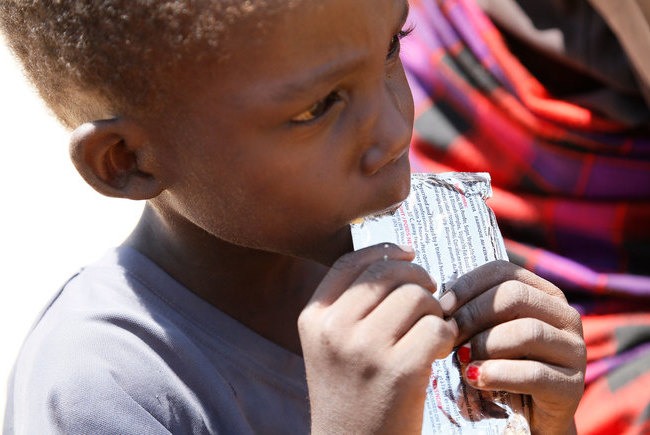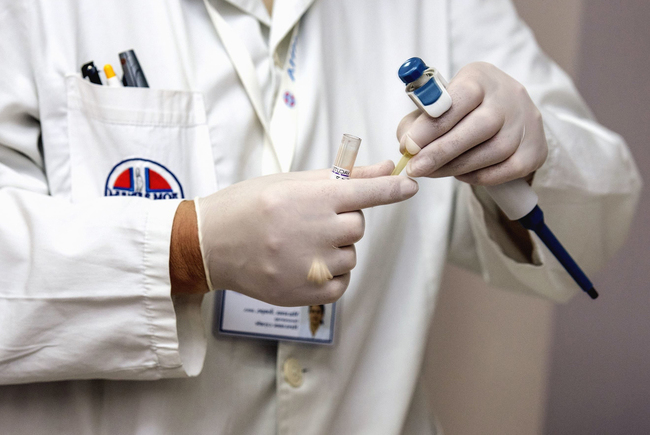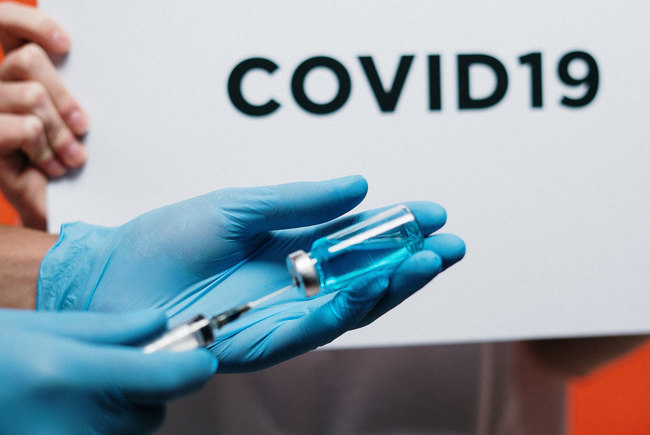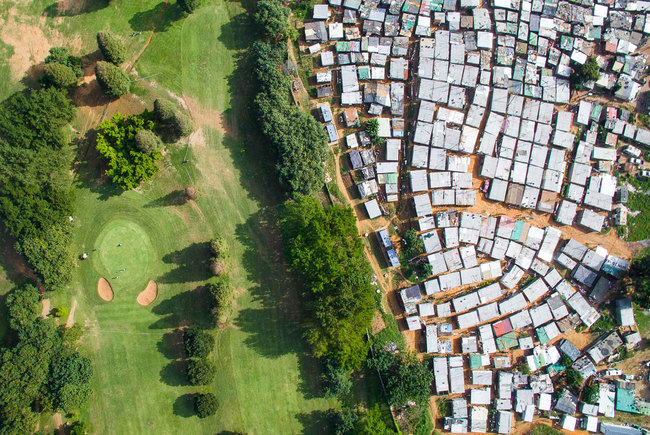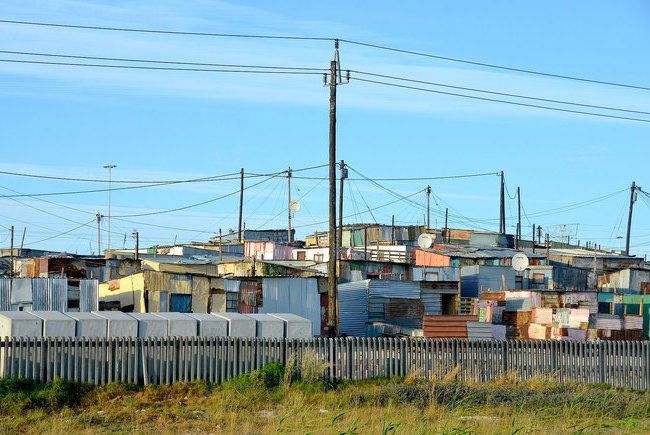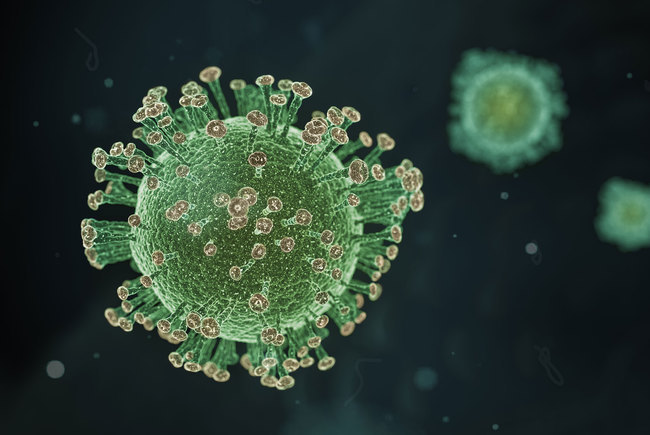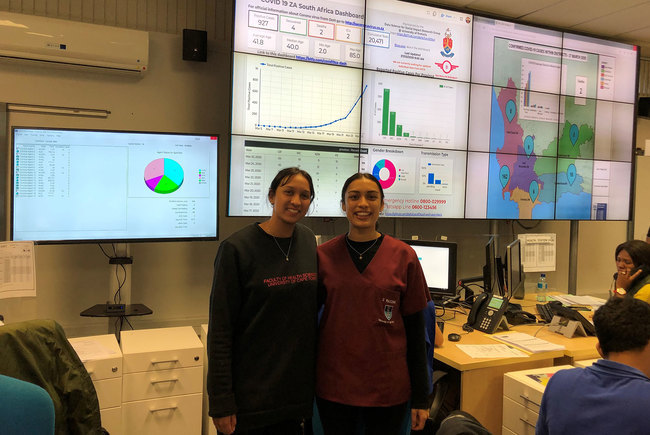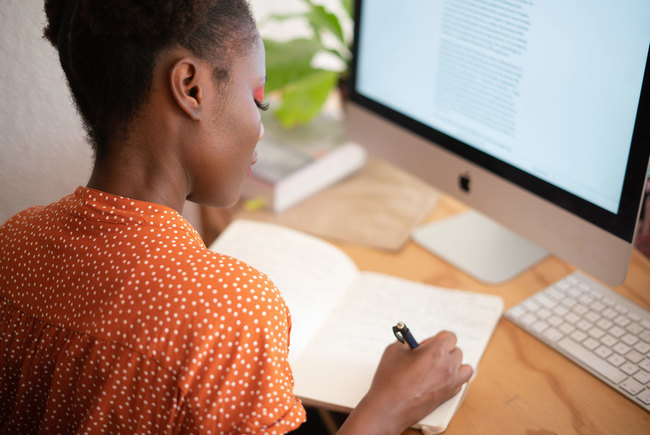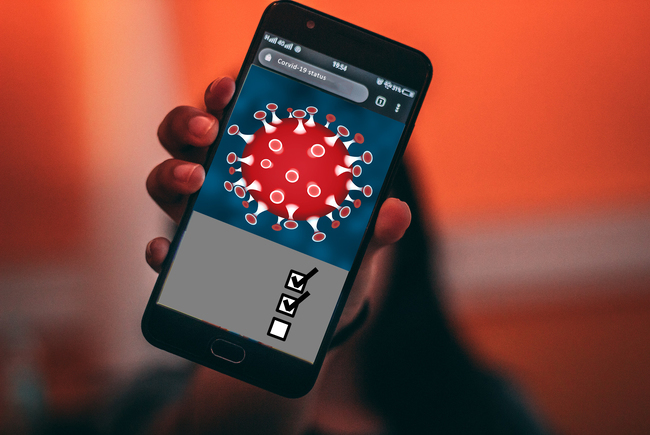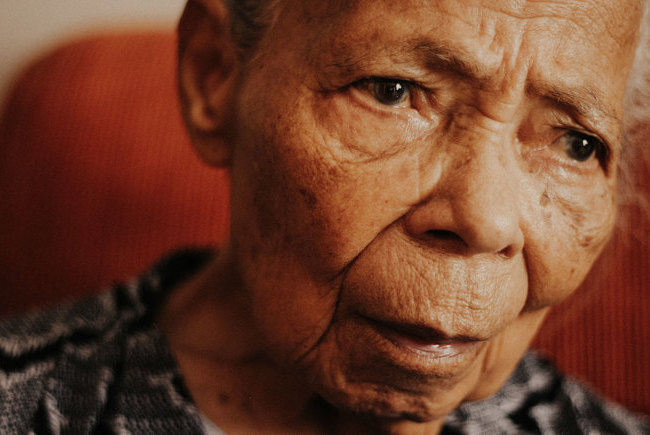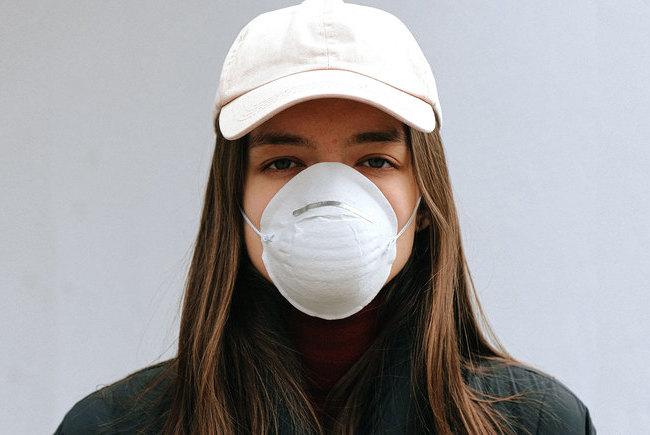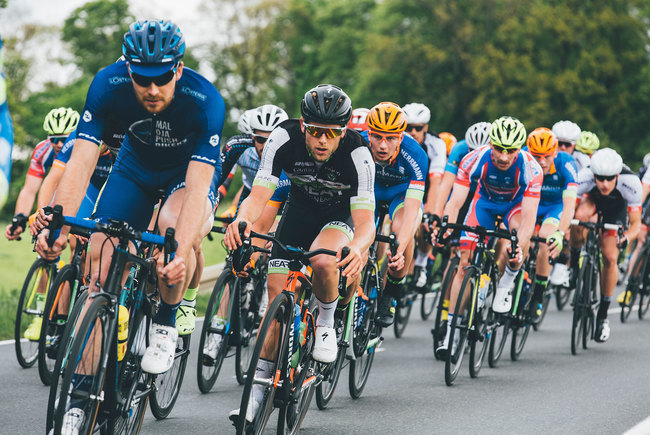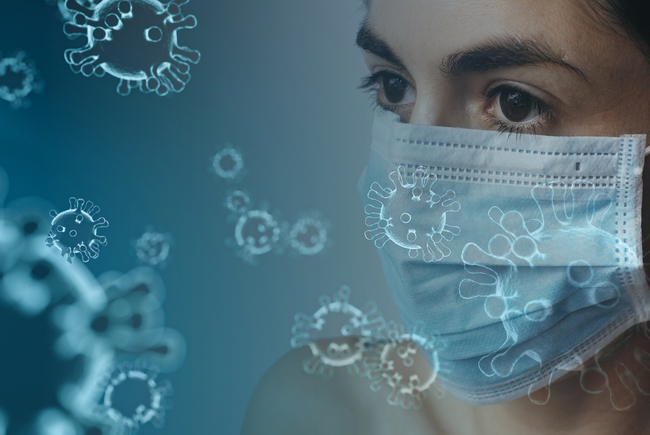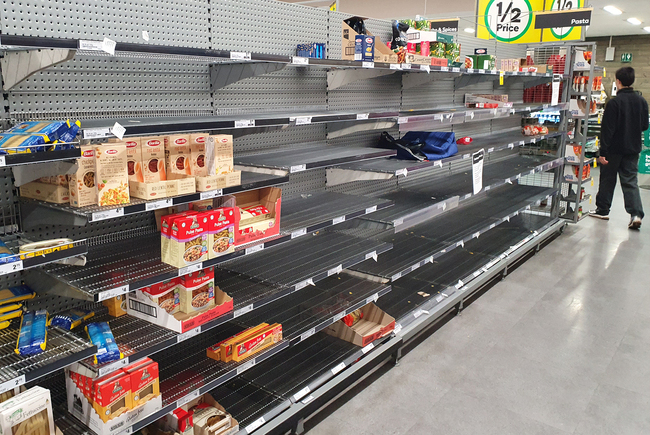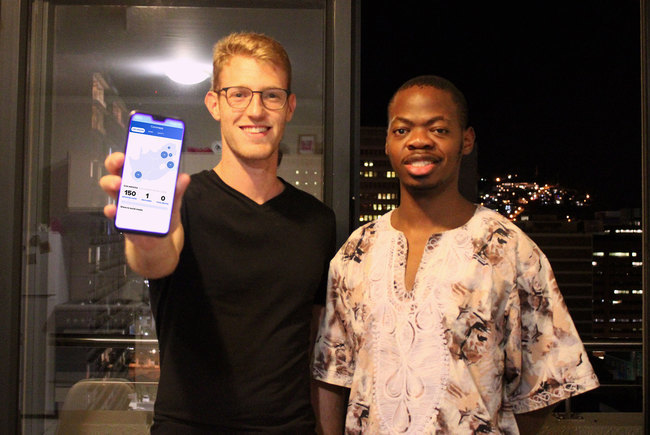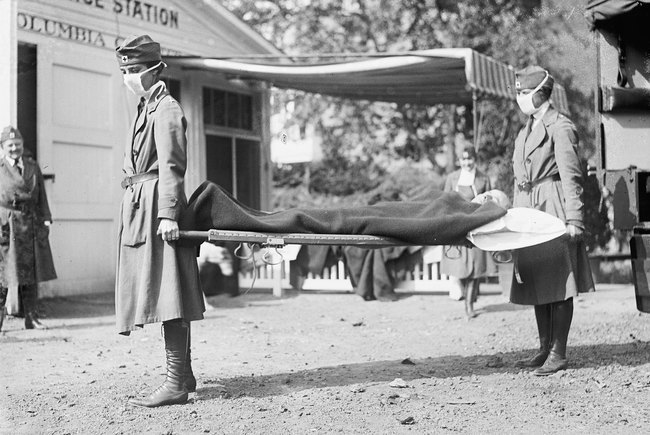Coronavirus: African scientists, now is the time to collaborate
20 April 2020 | Story Salome Maswime, Collet Dandara, Sudesh Sivarasu. Photo Pexels. Read time 6 min.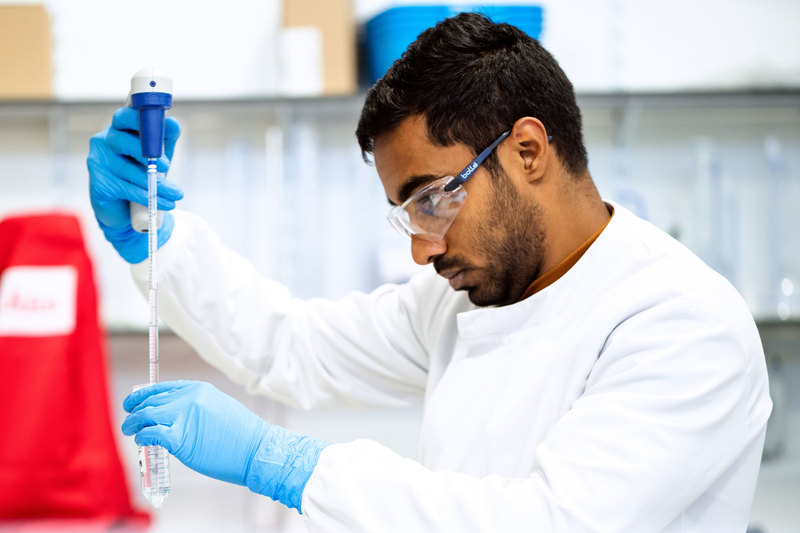
Amid the rising number of deaths from COVID-19, political leadership, health systems and scientific prowess is being tested locally and internationally. The pandemic provides an opportunity for innovation and new scientific discoveries. For example, the emergence of cases in Africa inspire African-based studies to tap into the diverse genetic background of Africans for important clues in the identification of biomarkers of coronavirus infection.
However, for global scientific solutions to come from Africa a number of prerequisites will need to be met.
The past two decades have been characterised by efforts to reduce the global burden of disease by providing universal access to healthcare for under-served and vulnerable populations. There have been parallel efforts to strengthen science, skills and infrastructure in Africa. The aim has been to support quality research and human capacity development working in research units and centres of excellence dotted across Africa.
But a response to a fast-emerging, highly infectious agent like COVID-19 demands a whole lot more. It requires strong collaboration, the use of new technologies and above all, fast-tracking of research.
There has never been a more compelling time for African scientists to work together towards a common goal. An integrated approach is all the more imperative because any country that is left behind could be the next source of infection.
Collaboration
A crisis like COVID-19 demands that professional barriers be broken. This would facilitate a united approach by clinicians, scientists (both life and human sciences), biomedical engineers and public health specialists. Practically, this would entail assembling teams that work together, in the first instance, towards disaster management. In the second it would involve teams working on solutions that take into account the special circumstances of Africa – and each country.
These would be focused on quickly learning what has worked and not worked in the parts of the world that were affected first, and providing innovative ways forward for African countries. The size of Africa’s economy and the connectedness of its populations demands that Africa’s response be unified.
Collaboration is needed on another front too: technology.
The spread of the pandemic has resulted in an urgent need for a range of medical supplies. These range from personal protective equipment – face shields, surgical masks, diagnostic swabs, ventilator components and reusable N95 respirators. There is currently an international shortage of N95 respirators as well as ventilators. African countries can’t procure these. They need to create their own.
The pandemic presents a good opportunity to use new technologies. For example, with the advancement of 3D printing technologies, these critical supplies could be made on-site as required. These technologies could be used to replicate protective personal equipment. Several universities in South Africa have started using 3D printing to make masks. Delicate choices must be made between the most advanced technologies and an appropriate technology that can work on the ground and be accomplished with the limitations in the supply chains due to global lockdowns.
In addition, technologies such as imaging, proteomics, metabolomics and genomics need to be applied to map the disease progression and its pathway and to conduct research on Africans in order to identify novel markers for vaccine or drug development.
There is therefore an urgent need for national regulatory bodies to develop and deploy dedicated fast-tracking mechanisms to support these kind of technologies.
Important questions for innovation and research include:
-
understanding factors that facilitate infection with the coronavirus,
-
the life-cycle of the virus once in the human body (use of imaging),
-
the response of the host when invaded by the coronavirus in terms of genes expressed (transcriptomics),
-
the differences in proteins expressed when comparing infected patients and the uninfected (proteomics), and
-
the changes in the metabolites in the presence of the coronavirus (metabolomics).
As a continent, and as governments, teams comprising experts from these different fields should be in a state of readiness so that they can be easily activated. And governments should be setting up laboratories that can spring into action when required.
Fast-tracking research
This crisis also presents an opportunity to access huge amounts of data from patients infected with COVID-19. These patients can participate in trials or their biological samples could be used in studies to advance science and medicine, and even to prepare for future pandemics.
Now more than ever, a strong motivation has been made for the need to increase research funding to strengthen responses by African scientists.
And research should be fast-tracked. Some changes should be made to facilitate this. One such change is that institutional and national ethics review boards should be allowed to waive some of the requirements for informed consent in very particular instances. Here we are thinking specifically about the use of samples with de-identified data, where there is no link to patient identity and when the research is of public health importance.
On top of this, strategic funds should be made available to support research that’s critical to countries and the continent.
Beyond COVID-19, collective efforts can also help the continent address other critical health challenges. New disciplines have emerged that have forced medical professionals to break barriers and to stop working in silos. Examples include global health, global surgery and frugal science. These disciplines are forcing us to improve health outcomes.
In the current time of this COVID-19 crisis, the opportunity to tackle the pandemic through science and innovation should not be missed.![]()
Salome Maswime, Head of Global Surgery, Obstetrician and Gynaecologist, University of Cape Town; Collet Dandara, Professor, Division of Human Genetics, Department of Pathology, University of Cape Town, and Sudesh Sivarasu, Associate Professor in Biomedical Engineering, Head of Medical Devices Lab, University of Cape Town.
Coronavirus Disease 2019 updates
COVID-19 is a global pandemic that caused President Cyril Ramaphosa to declare a national disaster in South Africa on 15 March 2020 and to implement a national lockdown from 26 March.
UCT is taking the threat of infection in our university community extremely seriously, and this page will be updated regularly with the latest COVID-19 information. Please note that the information on this page is subject to change depending on current lockdown regulations.
Frequently asked questions
Daily updates
Campus communications
2020
Resources
Video messages from the Department of Medicine
Getting credible, evidence-based, accessible information and recommendations relating to COVID-19
The Department of Medicine at the University of Cape Town and Groote Schuur Hospital, are producing educational video material for use on digital platforms and in multiple languages. The information contained in these videos is authenticated and endorsed by the team of experts based in the Department of Medicine. Many of the recommendations are based on current best evidence and are aligned to provincial, national and international guidelines. For more information on UCT’s Department of Medicine, please visit the website.
To watch more videos like these, visit the Department of Medicine’s YouTube channel.
Useful information from UCT
External resources
News and opinions
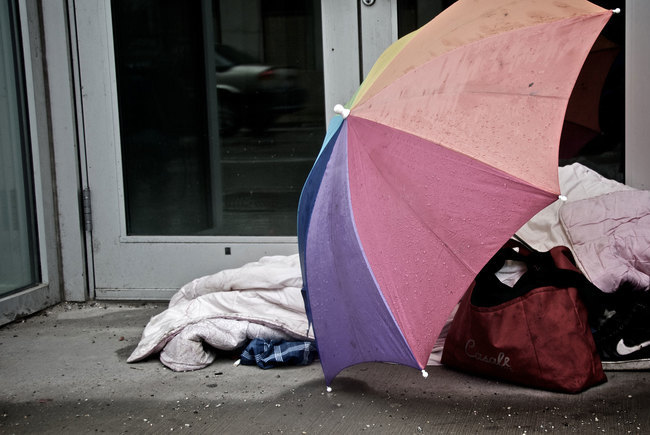
As the COVID-19 crisis drags on and evolves, civil society groups are responding to growing and diversifying needs – just when access to resources is becoming more insecure, writes UCT’s Prof Ralph Hamann.
03 Jul 2020 - 6 min read Republished
The Covid-19 crisis has reinforced the global consequences of fragmented, inadequate and inequitable healthcare systems and the damage caused by hesitant and poorly communicated responses.
24 Jun 2020 - >10 min read Opinion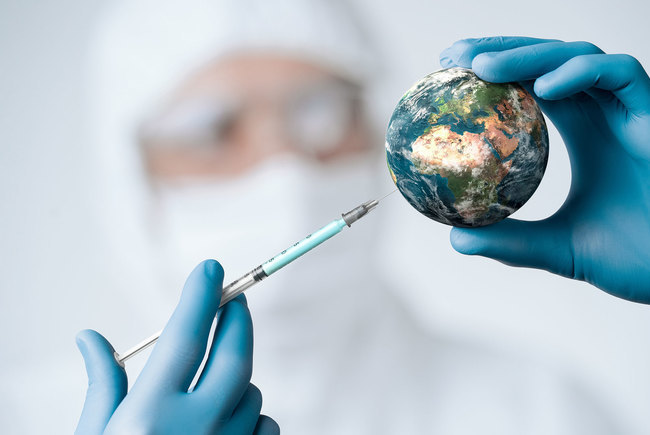
Our scientists must not practise in isolation, but be encouraged to be creative and increase our knowledge of the needs of developing economies, write Professor Mamokgethi Phakeng, vice-chancellor of UCT, and Professor Thokozani Majozi from the University of the Witwatersrand.
09 Jun 2020 - 6 min read Republished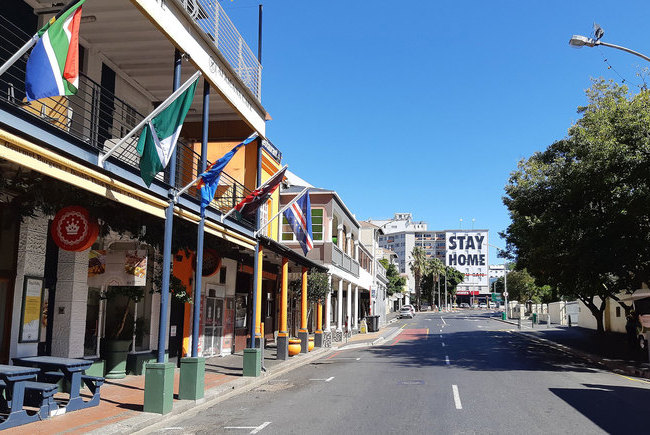
South Africa has been recognised globally for its success in flattening the curve, which came as a result of President Ramaphosa responding quickly to the crisis, writes Prof Alan Hirsch.
28 Apr 2020 - 6 min read RepublishedStatements and media releases
Media releases
Read more
Statements from Government
In an email to the UCT community, Vice-Chancellor Professor Mamokgethi Phakeng said:
“COVID-19, caused by the virus SARS-CoV-2, is a rapidly changing epidemic. [...] Information [...] will be updated as and when new information becomes available.”
We are continuing to monitor the situation and we will be updating the UCT community regularly – as and when there are further updates. If you are concerned or need more information, students can contact the Student Wellness Service on 021 650 5620 or 021 650 1271 (after hours), while staff can contact 021 650 5685.












